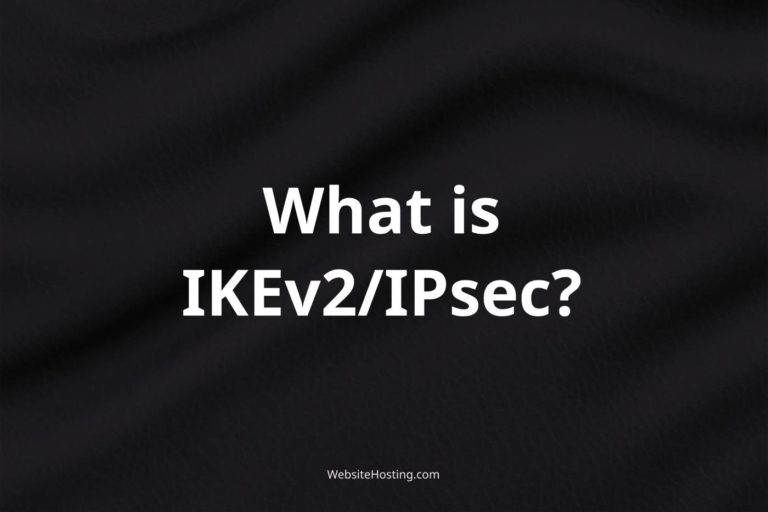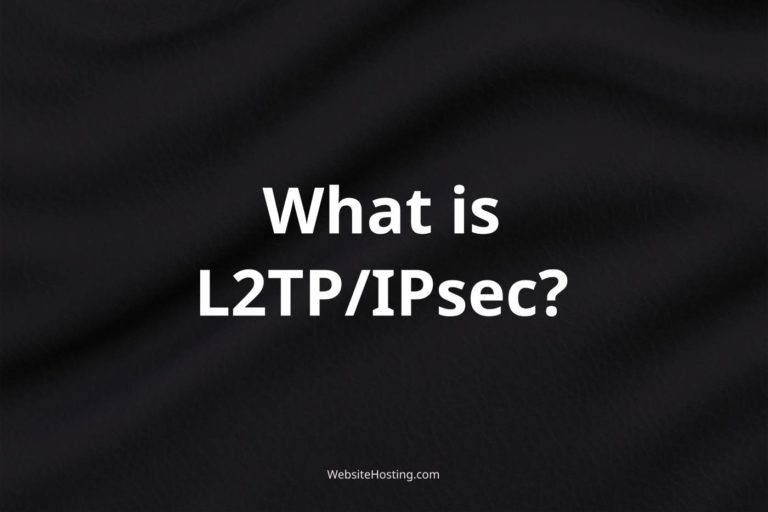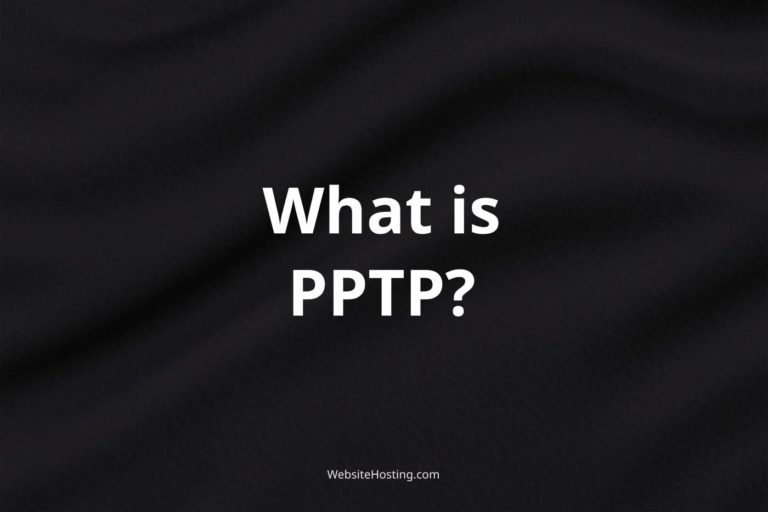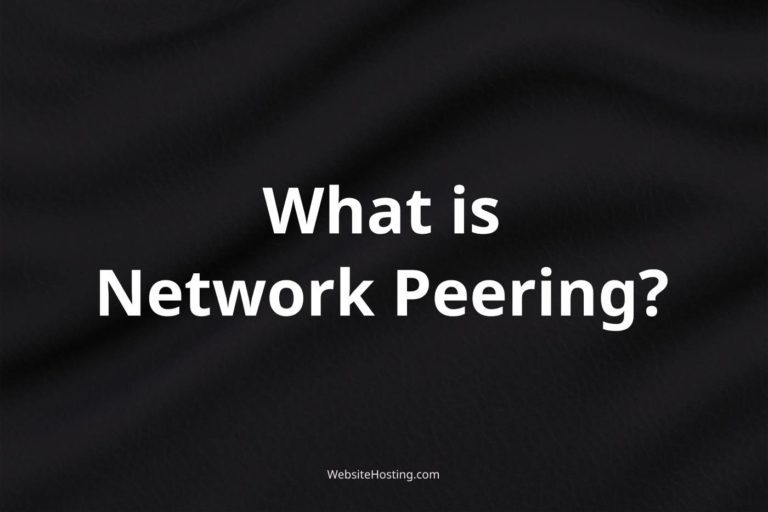OpenVPN is a popular VPN protocol used by many individuals and organizations for secure and private internet browsing. It provides robust security features and offers flexibility in terms of its configuration and compatibility with different devices and platforms.
In this short article, we will explore OpenVPN in detail, including its history, how it works, its advantages and disadvantages, and its use cases.
OpenVPN was first released in 2001 and has since become a widely adopted VPN protocol due to its open-source nature and high level of security. It uses SSL/TLS encryption to create a secure tunnel between the user’s device and a remote server, protecting all internet traffic from interception and eavesdropping.
One of the advantages of OpenVPN is its flexibility in terms of configuration. It supports a wide range of encryption algorithms and can be configured to work with different devices and platforms, including Windows, macOS, Linux, iOS, and Android.
However, one of the disadvantages of OpenVPN is that it can be more complex to set up and configure than other VPN protocols, which may be a barrier for less tech-savvy users. Additionally, it may not be the fastest VPN protocol, which can impact its speed and performance.
Overall, OpenVPN is a reliable and secure VPN protocol that offers flexibility and robust security features. It is an excellent choice for users who prioritize security and privacy while browsing the internet.
Related terms:
- VPN protocol
- SSL/TLS encryption
- Internet security
- Remote server
- Privacy protection
- Encryption algorithms
- Configuration flexibility
- Cybersecurity
- Network security
- Open-source software
Related brands:
- ExpressVPN
- NordVPN
- CyberGhost VPN
- Private Internet Access
- Surfshark
Popular questions about OpenVPN:
-
What is OpenVPN and how does it work?
OpenVPN is a VPN protocol that creates a secure tunnel between a user’s device and a remote server using SSL/TLS encryption, protecting all internet traffic from interception and eavesdropping. -
What are the advantages of using OpenVPN?
OpenVPN offers robust security features and flexibility in configuration, supporting a wide range of encryption algorithms and devices and platforms. -
Is OpenVPN easy to set up and configure?
OpenVPN can be more complex to set up and configure than other VPN protocols, which may be a barrier for less tech-savvy users. -
How fast is OpenVPN?
OpenVPN may not be the fastest VPN protocol, which can impact its speed and performance. -
Is OpenVPN a reliable VPN protocol?
Yes, OpenVPN is a reliable VPN protocol that has become widely adopted due to its open-source nature and high level of security.




